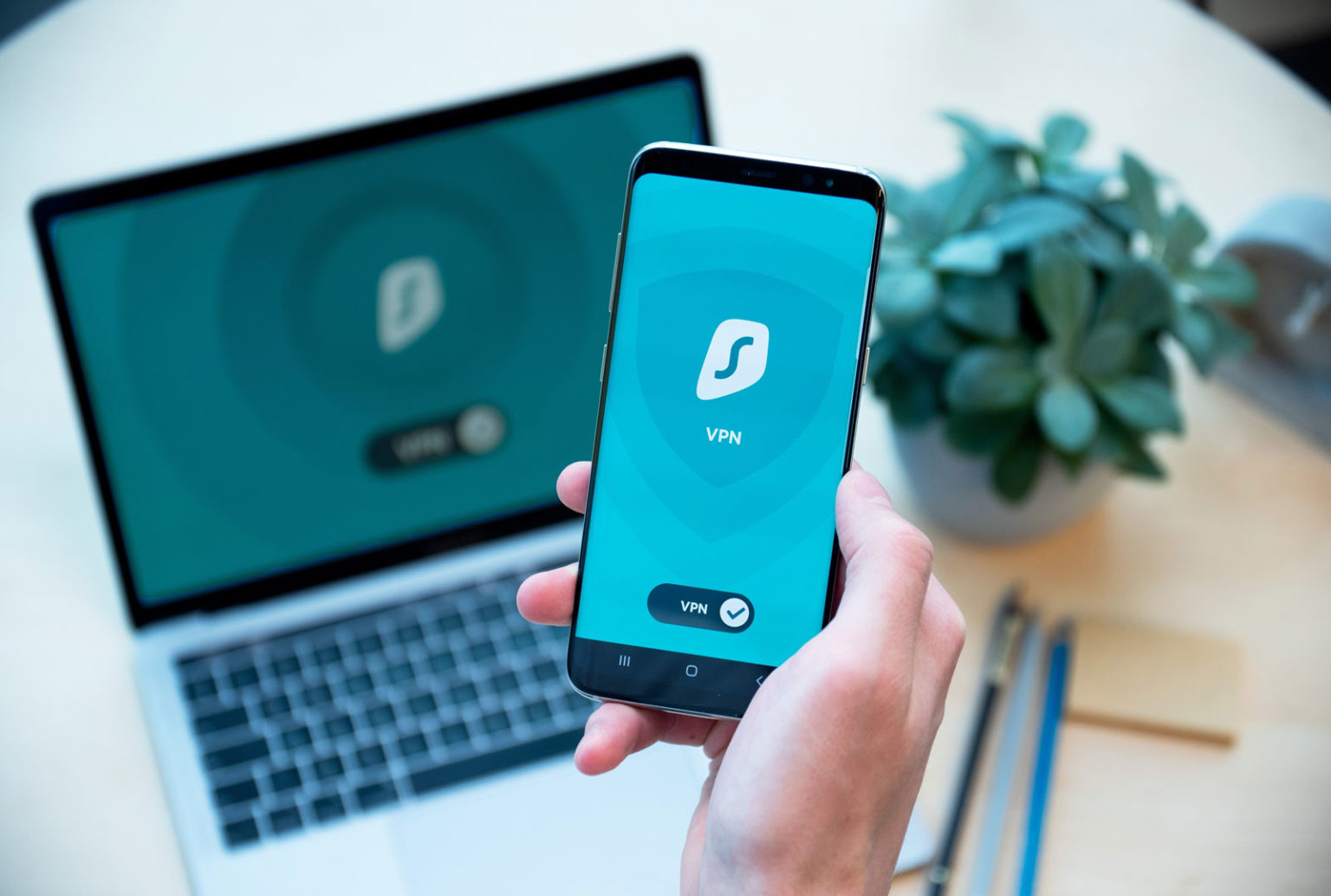Back to work? 5 things you need to do to stay secure.
Many businesses are in a state of flux with moving workforces switching between remote working and being in the workplace.
To help you keep your business information secure during this time, here’s a round-up of our expert tips.

1. Evaluate the risks and vulnerabilities of your business
With your business’ work situation changing rapidly, it’s important to regularly reassess the risks and vulnerabilities of your business in terms of information security.
If more of your staff are returning to the workplace, what will this move mean for information protection? If staff are remaining at home, are they taking precautions to keep data safe? You will also need to consider any third-party suppliers. If their work situation is changing, will they still be able to offer the same service?
By asking yourself these questions, you can prepare for disruption or put in place extra safeguards to keep information safe.
2. Back it up
Many businesses are returning partial workforces, which means you may have several staff members who are moving between home and office working. This opens up the possibility of data loss. The solution? Introduce a tight backing-up protocol and ensure your staff follow it. This way, you can be sure your data stays safe while your staff are on the move.
3. Update your malware protection
The shift to remote working has seen a spike in hacking incidents during the COVID-19 pandemic. With some, or all, of your staff continuing to rely on the internet to get things done, make sure you have up-to-date protection installed on all of your staff’s devices.
4. Ensure your team know what to do
With malware attacks and scams at a high and remote working continuing for some workplaces, it’s a good time to refresh your staff’s training on information security. Include some training on keeping a home office secure too – data needs to be protected wherever it is stored.
5. Assess whether tools are secure and fit for purpose
The pandemic has forced many businesses to be more reliant on video conferencing tools, email and other web-based solutions, and this is likely to continue for some time. But are the tools you have chosen safe enough? If your staff are going to be needing this technology, check up on the tools’ safety credentials. Make sure your video conferencing tool of choice offers end-to-end encryption and find alternatives to email attachments if your team is handling sensitive data.
Keep information safe
Another way you can ensure that your business keeps information safe is by implementing ISO 27001. By implementing and maintaining an information security management system, you can safeguard sensitive data, ensure compliance with legislation and regulations, and increase customer confidence in your business’ processes.
To find out more, you can speak to one of our experienced certificate development consultants by calling 0333 344 3646 or emailing [email protected]. Alternatively, fill in the form on the right and one of our consultants will contact you with a no-obligation quote.